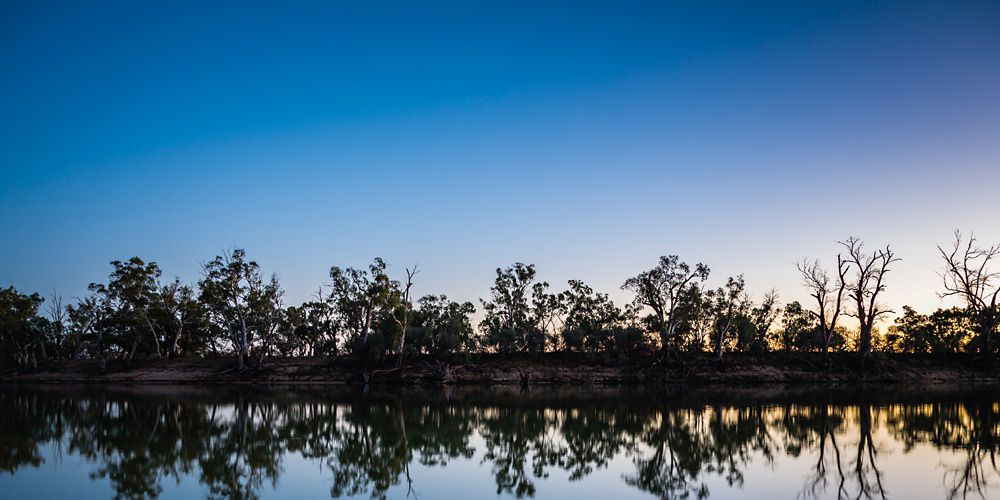Tackling Climate Change
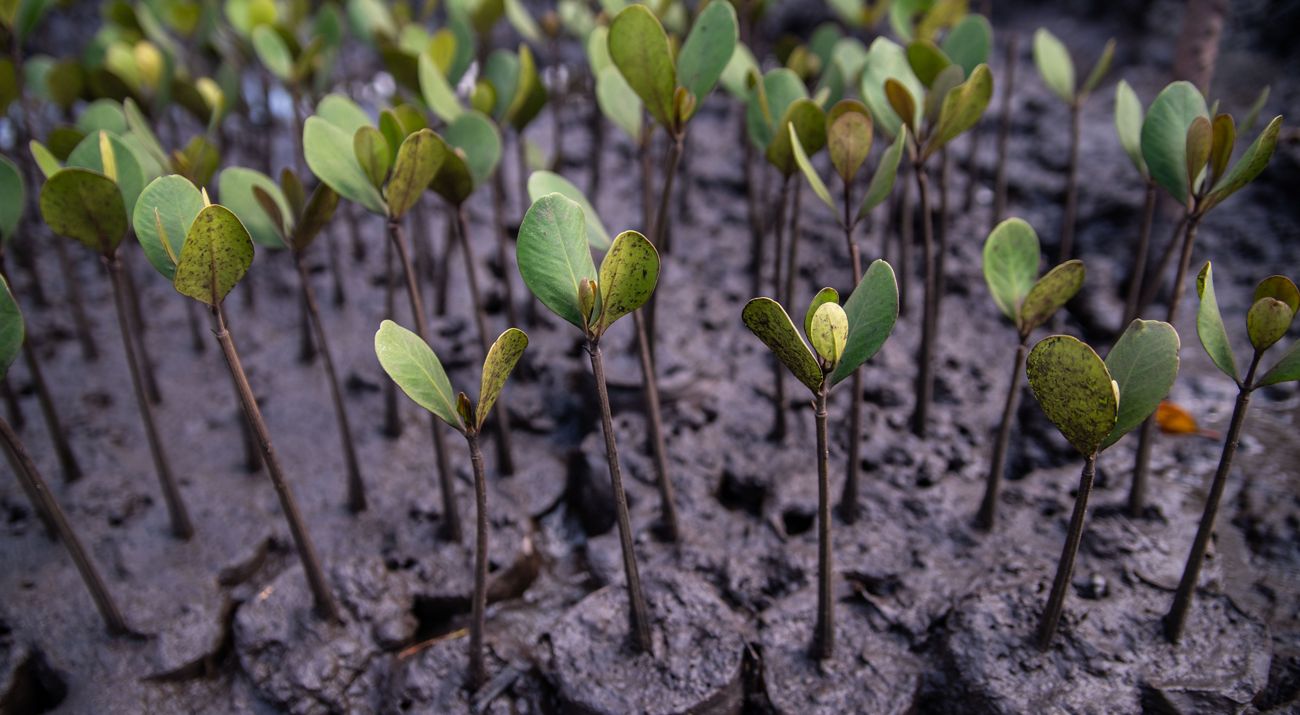
Climate change is here now. We can limit further warming and the dangers it poses—if we act now. Every fraction of a degree matters.
What we do between now and 2030 will determine whether we can slow warming enough to avoid climate change’s worst impacts. We must drastically cut emissions and remove some carbon from the atmosphere. Fortunately, plants naturally absorb and store carbon. By protecting natural habitats and carefully managing farmland and forests, we can store billions of tons of this “living carbon.”
A message from the future
A Natural Solution to Climate Change
Download
Read more about how TNC is tackling climate change—including inspiring stories of progress from the 2025 fiscal year.
DownloadOur Climate Goals for 2030
By 2030, we will:
-
Reduce or store CO2 emissions
With the power of nature and the strength of policy and markets, we will reduce or store 3 billion metric tons of carbon yearly.
-

Benefit 100 million people
We will help 100 million people at severe risk of climate-related emergencies by protecting and restoring the health of natural habitats.
Global Insights
Check out the latest perspectives, research and tools that inform how we protect land and waters and approach environmental challenges.
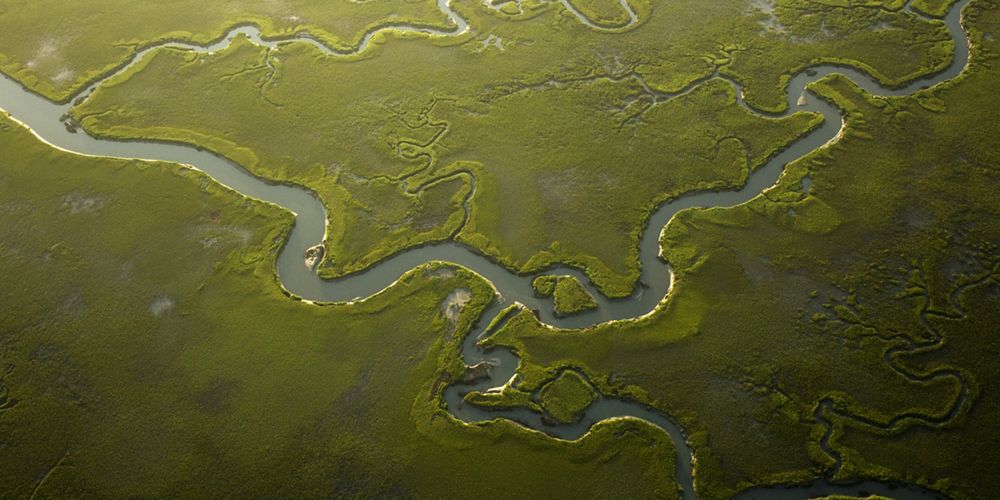
Educating Youth for Climate Action
Climate change is here. We can limit further warming and the dangers it poses—if we act now. Those who will be the most affected–the next generation—have an essential role to play in driving change.

How We’re Tackling Climate Change
We find the people and paths to make it possible. Together, we find a way to overcome barriers.
-
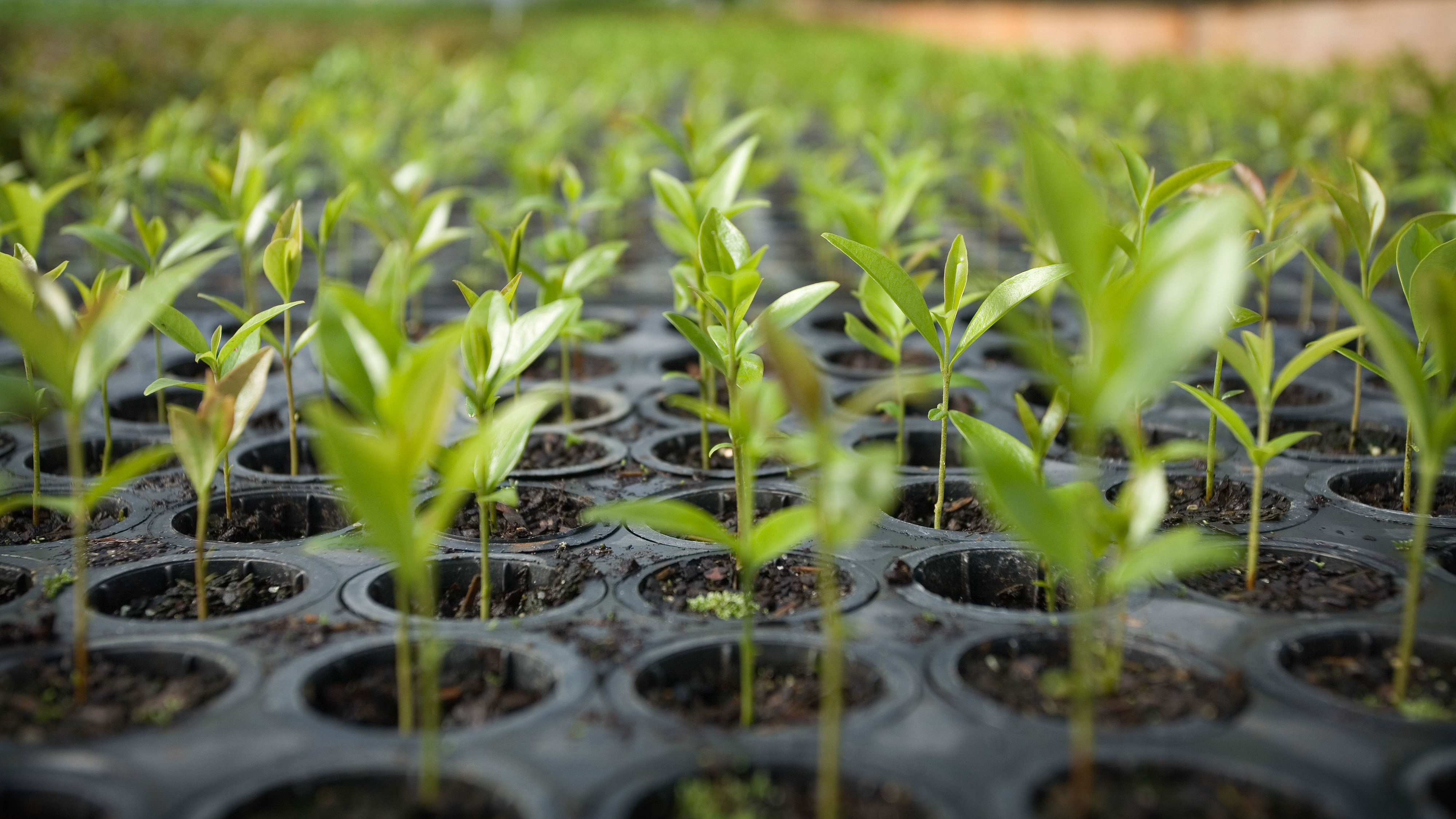
Maximizing Nature’s Ability to Store Carbon
Nature plays a major role in regulating the climate by storing carbon dioxide. By conserving forests and wetlands, adding regenerative practices to agriculture and planting trees, we’re unleashing nature’s full potential to stabilize the climate. Learn about Natural Climate Solutions >
-
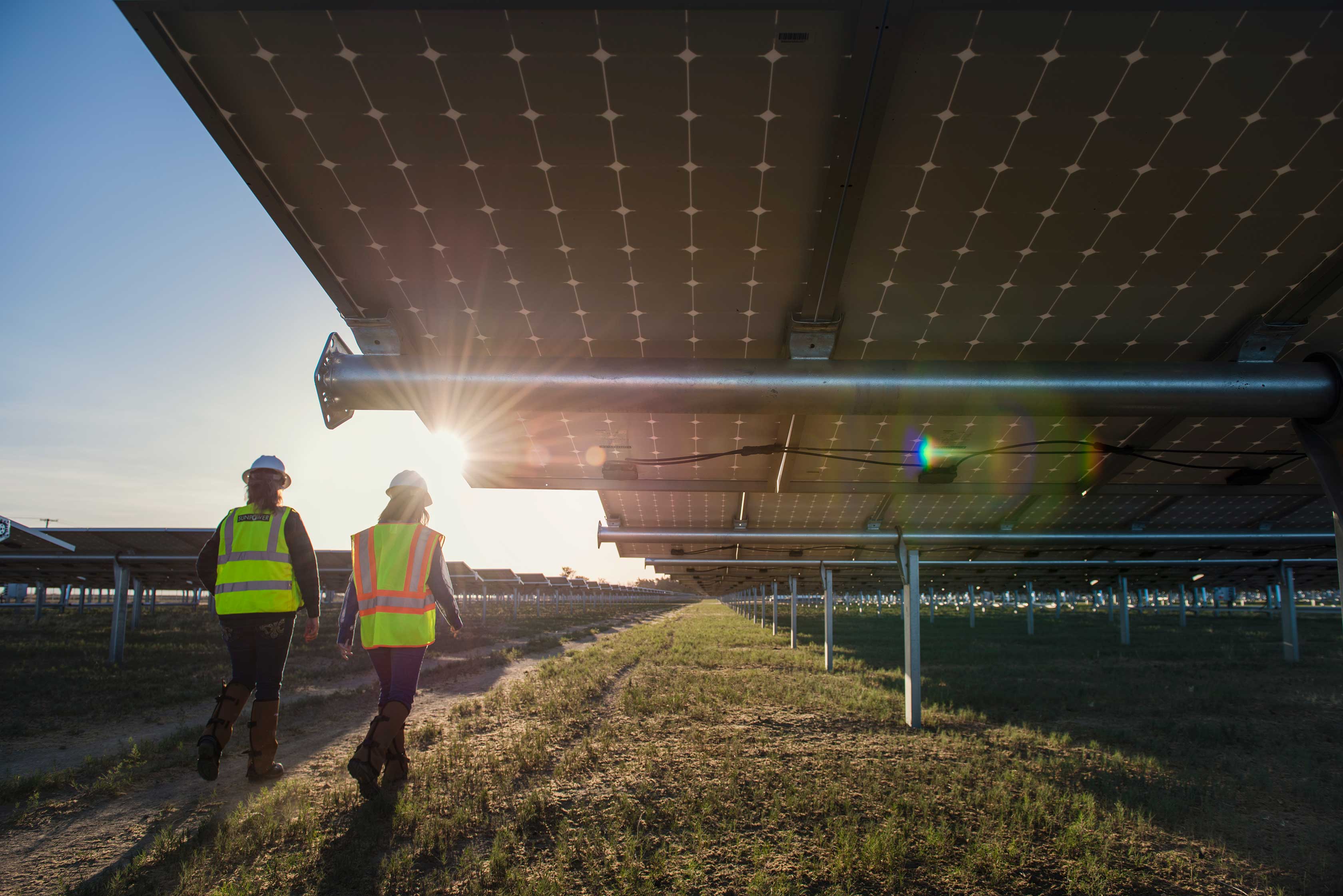
Promoting Smart Clean Energy Policies
We’re working with governments to advance policies that grow clean energy, boost energy efficiency, modernize electric grids and advance battery storage technology. How we’re promoting clean energy through policy >
-
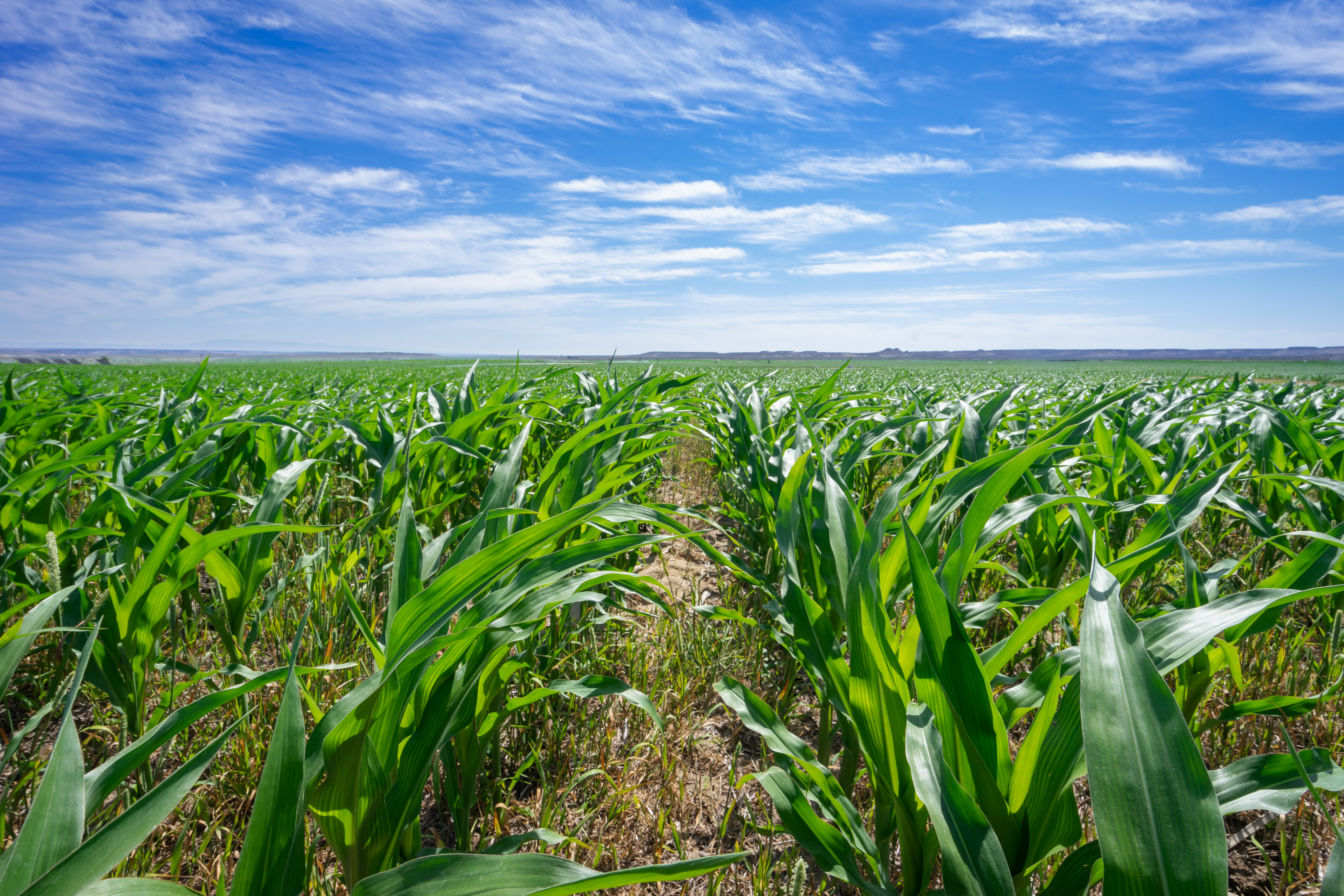
Cultivating a Shift to Planet-Friendly Food Systems
Growing food in ways that better partner with nature can greatly reduce carbon emissions. For instance, healthy soils have enormous potential to store carbon. How food systems can actively heal the planet >
-
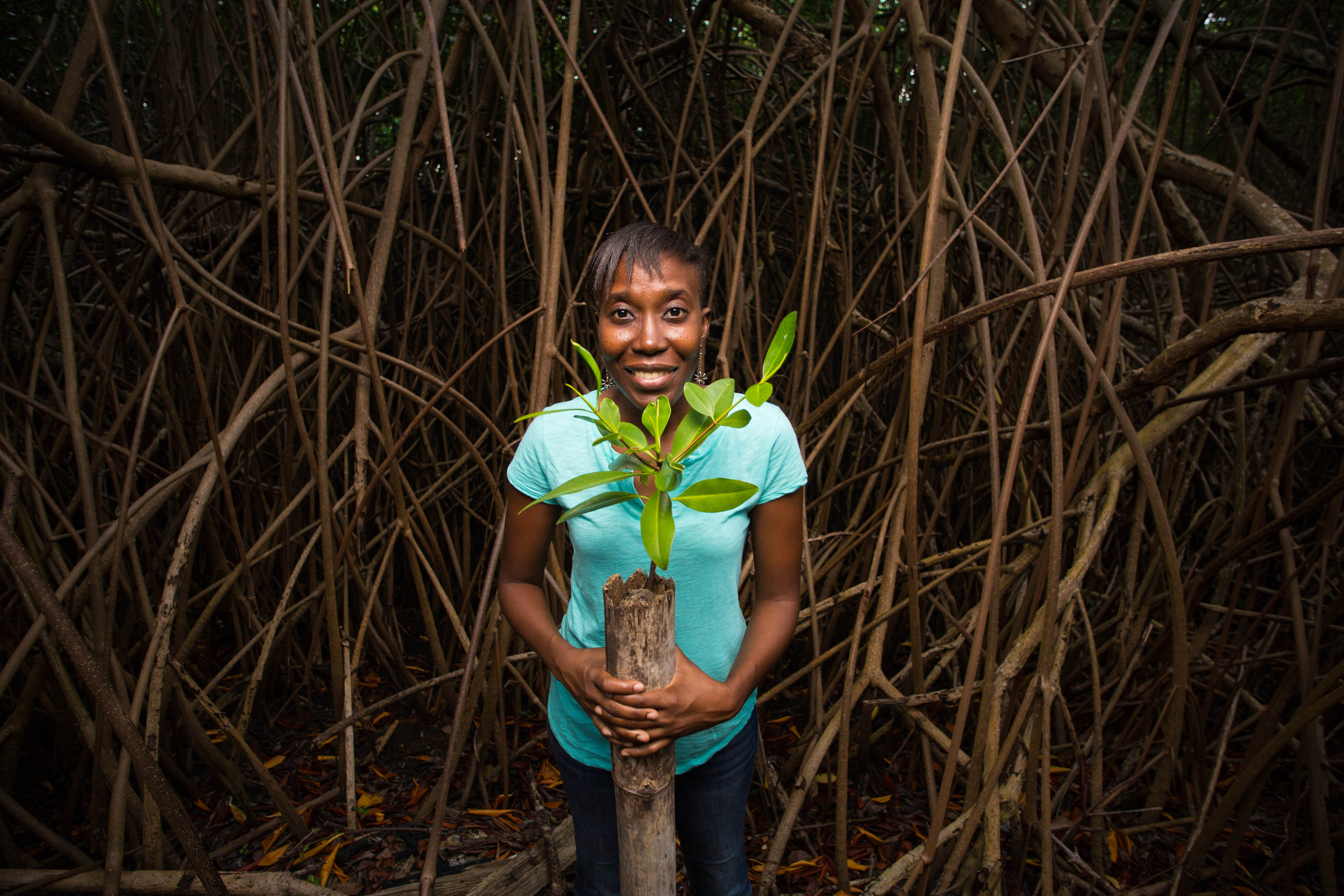
Bolstering Resilience for Habitats and Communities
We’re helping the most vulnerable communities adapt to climate change by restoring habitats, such as mangroves that reduce the impact of severe storms. How we’re strengthening coastal resilience >
-
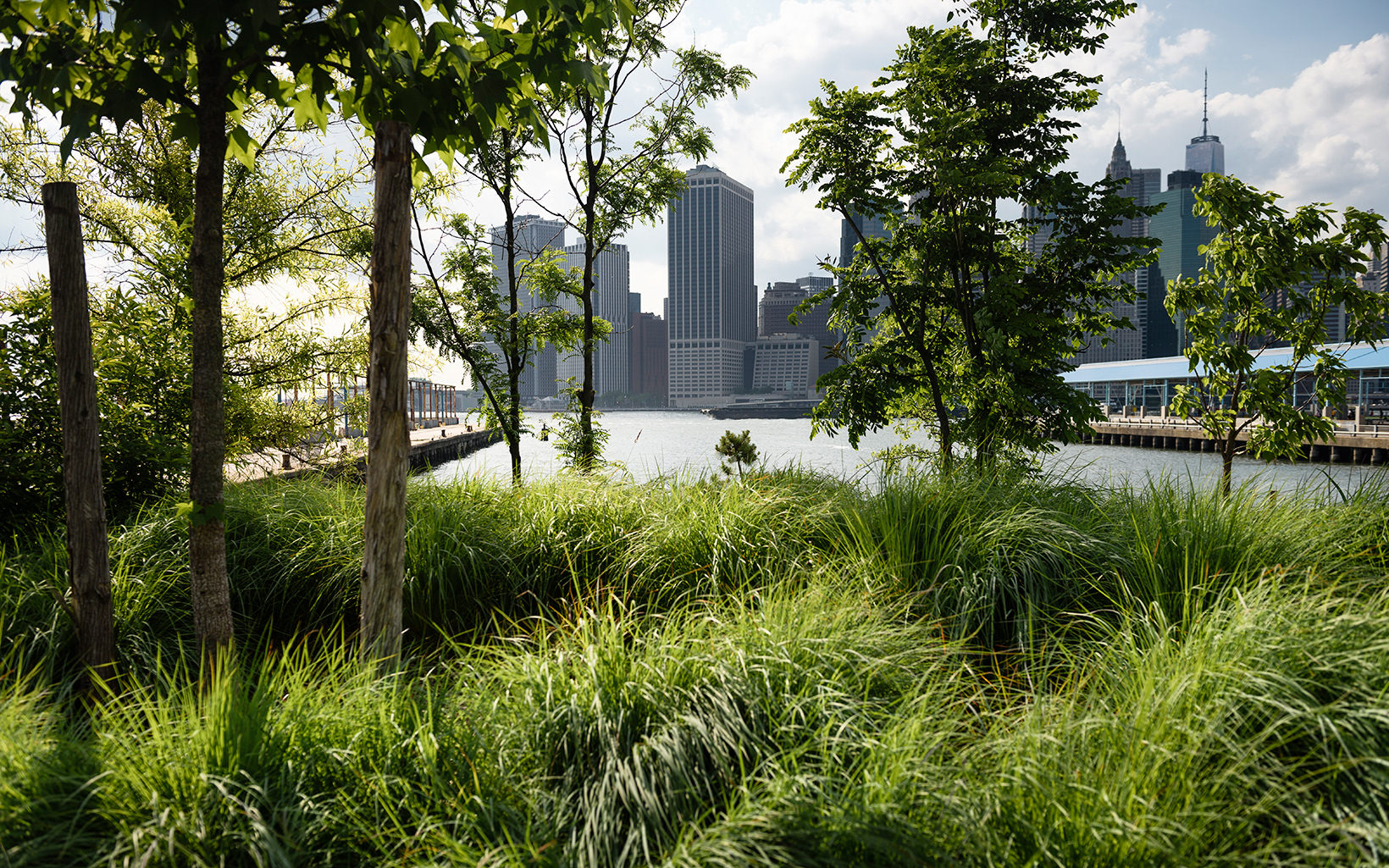
Inspiring Productive Conversations
We can’t fix something we don't talk about. Our resources encourage more frequent and constructive conversations about climate change so we can all be part of solutions. Explore how to talk about climate change >
-

Educating for Climate Action
Young people want to act and lead on behalf of the planet. That’s why The Nature Conservancy and the Aspen Institute’s This is Planet Ed initiative worked directly with youth leaders to co-produce a Youth Climate Action Toolkit. How we are educating youth about climate change>
Take Action With Us
You can be part of the solution. Find out your carbon footprint and learn how you can lower your impact. Join our cause and become a member of The Nature Conservancy today. Your generous support will put the best conservation science and climate solutions to action.
